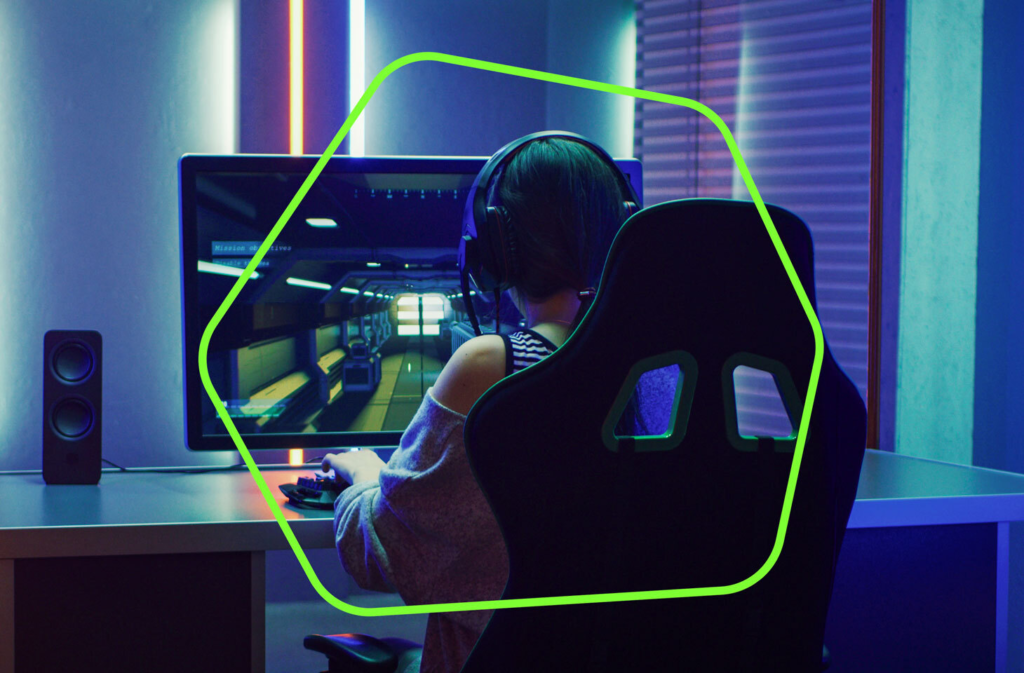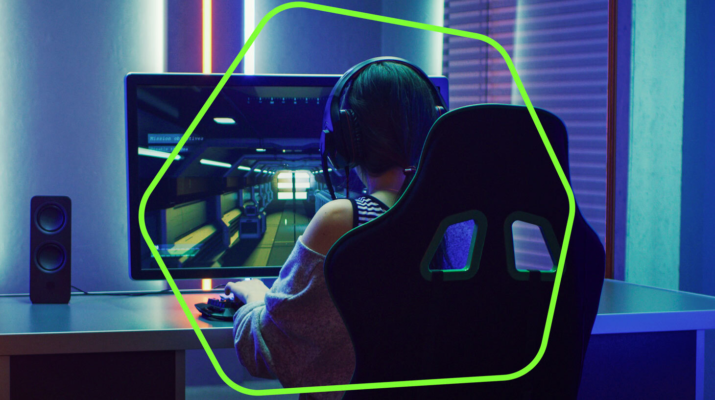In the dynamic realm of gaming, technology serves as a catalyst for continuous innovation, reshaping the way we play, interact, and experience virtual worlds. From advancements in graphics rendering and artificial intelligence to the proliferation of virtual reality and cloud gaming, technology has revolutionized every facet of the gaming experience. This article explores the transformative impact of technology on gaming, highlighting key advancements and their implications for the future of interactive entertainment.
Enhanced Visual Realism
One of the most noticeable ways in which technology revolutionizes the gaming experience is through enhanced visual realism. Gone are the days of pixelated graphics and static environments; modern gaming hardware and software deliver stunningly realistic visuals, with lifelike characters, dynamic lighting effects, and intricately detailed landscapes. Thanks to advancements in graphics rendering technologies such as ray tracing and high dynamic range (HDR) imaging, games now boast cinematic-quality graphics that rival those of blockbuster movies, immersing players in richly detailed and immersive virtual worlds.
Immersive Gameplay Experiences
Technology has also revolutionized gameplay experiences, offering unprecedented levels of immersion and interactivity. The advent of virtual reality (VR) has enabled players to step into virtual worlds and experience games from a first-person perspective, blurring the line between reality and fantasy. With VR headsets offering motion tracking and haptic feedback, players can physically interact with virtual objects, navigate immersive environments, and engage in thrilling gameplay experiences like never before.
Artificial Intelligence and Dynamic Worlds
Artificial intelligence (AI) plays a crucial role in revolutionizing the gaming experience by powering intelligent NPCs (non-player characters) and dynamic game worlds. AI-driven NPCs exhibit lifelike behaviors, emotions, and decision-making capabilities, enhancing immersion and realism in games. Moreover, AI algorithms are used to dynamically generate game content such as levels, quests, and encounters, ensuring endless replayability and personalized experiences tailored to each player’s preferences.
Seamless Connectivity and Accessibility
Technology has also revolutionized the way games are accessed and played, with the rise of online multiplayer gaming and cloud gaming services. Online multiplayer gaming allows players to connect and compete with others from around the world in real-time, fostering a vibrant and interconnected gaming community. Meanwhile, cloud gaming services enable players to stream high-quality games directly to their devices, eliminating the need for expensive hardware and downloads and making gaming more accessible to a broader audience.

Conclusion
In conclusion, technology has revolutionized the gaming experience in myriad ways, from enhanced visual realism and immersive gameplay experiences to intelligent NPCs and dynamic game worlds. As technology continues to advance at a rapid pace, we can expect to see even more groundbreaking innovations that push the boundaries of what is possible in gaming. Whether it’s through virtual reality, artificial intelligence, or cloud gaming, the future of gaming promises to be an exhilarating journey into uncharted territory, where the only limit is our imagination.
